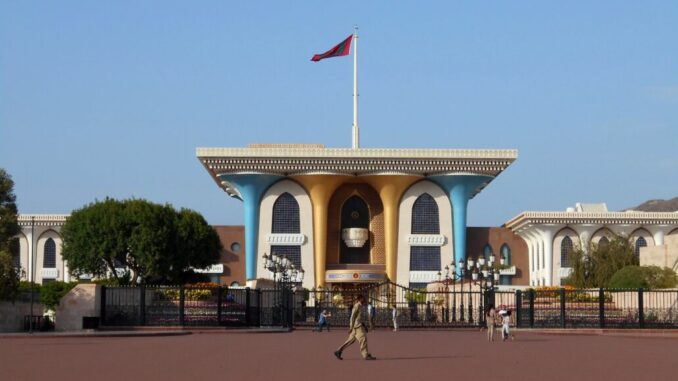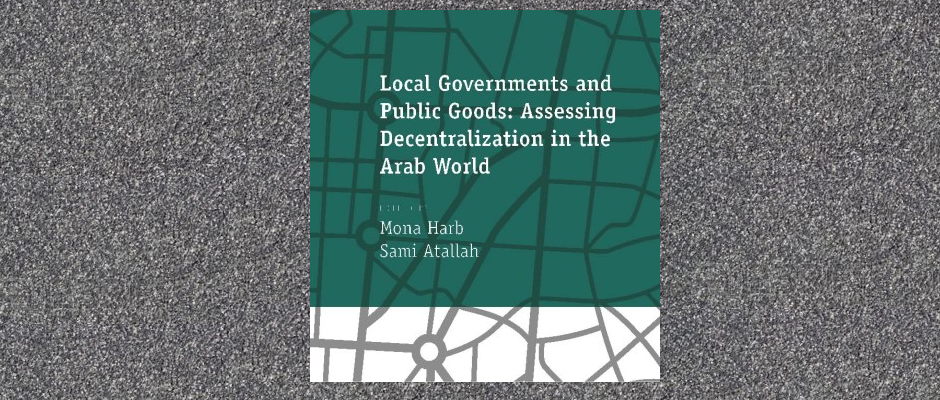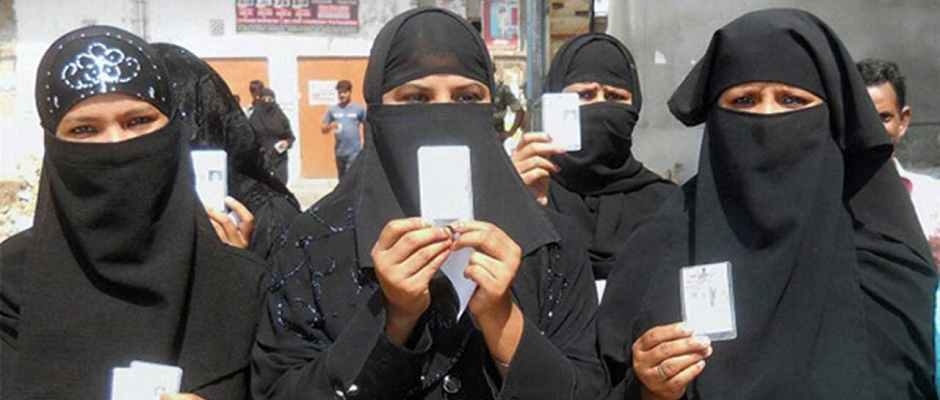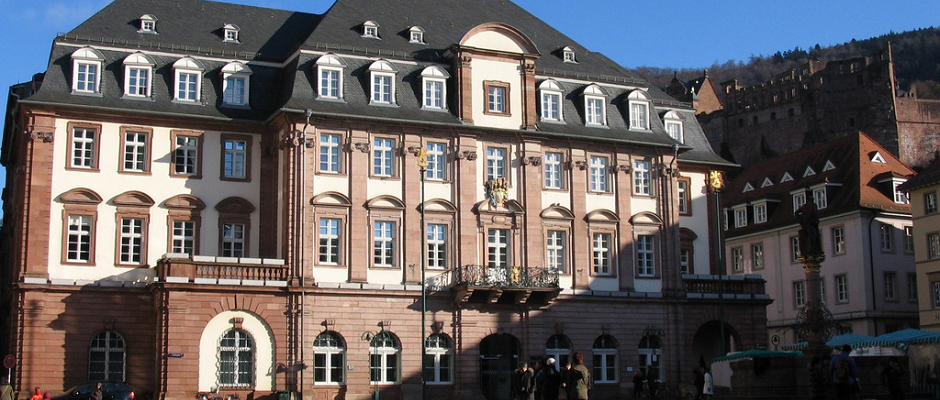
In March 2020, the Program on Governance and Local Development at the University of Gothenburg brought together decentralization scholars from around the MENA region. The discussions focused around the design of decentralization reforms, obstacles, progress and outcomes. It also highlighted the goals and design of upcoming research on decentralization in Oman. Furthermore, participants discussed project design and potential points of comparison with on-going research in other MENA countries.
The working paper titled “The Dynamics of Decentralization in the MENA: Processes, Outcomes, and Obstacles” is a result of that two-day workshop. This paper is part of a two-year project on decentralization in the MENA, focusing on Oman.
The various authors of the working paper first take a look at the promises and problems of decentralization in the MENA region, and then they move on to analyze decentralization efforts in Morocco, Jordan, Tunisia, and Turkey. The paper concludes by discussing lessons learned and ways to move forward.
The broader project aims to make three main contributions.
- First, it seeks to promote policy-relevant, scholarly research on decentralization, and pave the way for further cross-national studies and analyses on the topic.
- Second, it will inform stakeholders in the Sultanate of Oman, focusing on how differences in community governance structures – i.e. the extent to which citizens turn to state institutions versus non-state actors for services and participate in decision processes – affect challenges to decentralization.
- Third, it aims to strengthen and expand networks of scholars and other decentralization-oriented stakeholders from around the world, whilst also engaging local voices.
To achieve these objectives, the study employs a multi-method approach to explore how and when citizens turn to state and non-state institutions. The goal is not only to expand the understanding of decentralization in the context of strong social institutions, but also to establish sustainable scholarly and policy-relevant networks and dialogues around these issues.
A common theme that emerges from most of the country cases studied is a lack of clarity. Ambiguity–either intentionally or unintentionally– of the decentralization rules and institutional mechanisms characterizes most cases. When new constitutions were promulgated following the Arab uprisings, constitutional articles were formulated to create new – or solidify existing – subnational governance structures. Technical actors were charged with developing organic/operational laws to assist with the implementation of these amendments. But the vagueness of most of these articles made the formulation of corresponding laws a technical nightmare and legal labyrinth with uncertain outcomes.
Access the full working paper on the GLD website: Lust, E., Kao, K., Weiss, C., Shalaby, M., Vollmann, E., Bergh, S.I., Karmel, E., Bohn, M., Kherigi, I. and Kadirbeyoglu, Z. 2020. The Dynamics of Decentralization in the MENA: Processes, Outcomes, and Obstacles. The Program on Governance and Local Development at Gothenburg.
Photo credit: Muscat, Oman. Used under Creative Commons license (CC BY 2.0).



